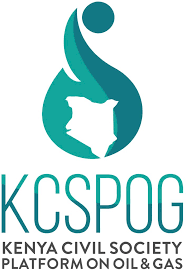Policy Brief: Strengthening Audit Processes for Petroleum Sector Sustainability in Kenya
By Andrew Levi, Platform Campaigner
The emergence of scandals linked to the ongoing Covid-19 global health pandemic in Kenya has served to amplify the importance of robust auditing, which aims to fostering credible public confidence in government and business undertakings.[1] For Kenya’s petroleum sector in particular – a sector already fraught with unknowns – there has been increased volatility, uncertainty, complexity and ambiguity in the sector in recent months. Sector activity slowed down following oil companies suspending operations on account of Force Majeure and in some instances exiting the country. Other challenges have been the stalling of mid-stream and down-stream projects including the commencement of the Kisumu Oil Jetty; unresolved tax disputes between government and certain international oil companies; mounting concern on the socio-environmental impact of oil sector activity giving rise to human displacement, land alienation, harmful pollution and inadequate waste management; rising momentum for renewable energy use and climate change protection; and re-prioritization in government expenditures coupled with heightened risk aversion among foreign investors. Altogether, this constellation of factors could reasonably give rise to a crisis in confidence in the Kenya’s Oil and Gas sector. Read the full policy brief here
[1] University of Sheffield and Copenhagen Business School Report, Auditing with Accountability, 2020
